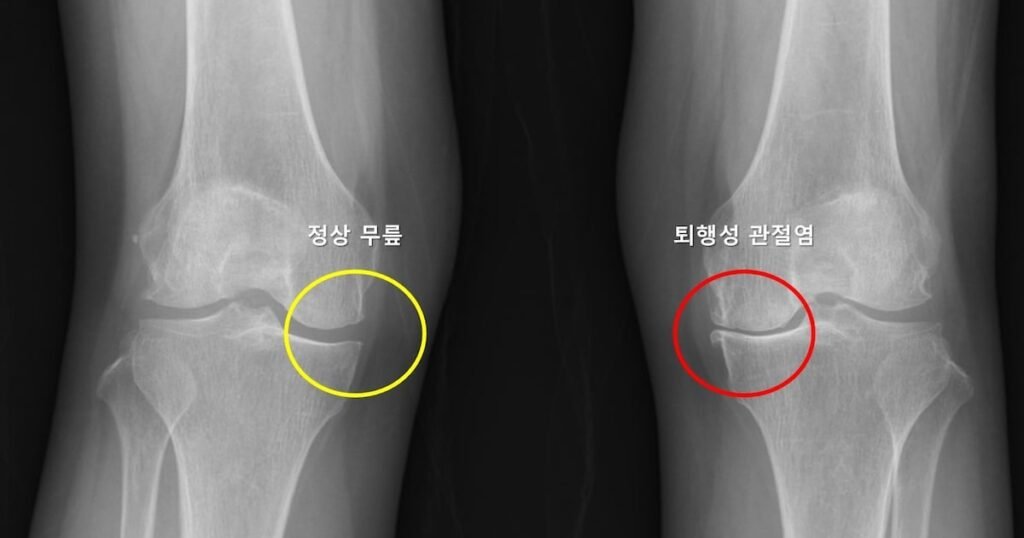AI Predicts Contralateral Knee Osteoarthritis
Researchers at Seoul National University Hospital (SNUH) have made significant advancements in predicting the likelihood of patients with unilateral osteoarthritis developing the same condition in their other knee. Utilizing a cutting-edge AI model, the team trained a machine learning algorithm on two extensive arthritis tracking cohort datasets in the United States. This model considered nine key variables, including gender, ethnicity, body mass index, severity of arthritis in both knees, pain and function index of both knees, lateral joint space narrowing of the contralateral knee, and history of meniscectomy surgery on the contralateral knee.
The AI model was then put to the test, analyzing approximately 1,353 cases of unilateral osteoarthritis that were monitored for four to five years. The findings, published in Wiley’s Journal of Orthopaedic Research, revealed that a decrease in the lateral joint space of the contralateral knee is a significant risk factor for contralateral knee osteoarthritis, increasing the risk by 4.5 times. Additionally, the study highlighted the strong association between the severity of arthritis, pain, and function index of the unilateral knee arthritis with the development of osteoarthritis in the opposite knee.
Moreover, the AI model showcased an impressive 69% accuracy in identifying patients at high risk of developing contralateral knee osteoarthritis. Lead researcher Du Hyun Ro, a professor of Orthopaedic Surgery at SNUH, emphasized the groundbreaking nature of the study, stating that it is the first to develop a machine learning model for predicting contralateral knee osteoarthritis. This innovation is expected to revolutionize personalized treatment plans that take into account both knees comprehensively.
Online Resource on Experimental Traditional Meds Data Launched
The South Korean Ministry of Health and Welfare (MOHW) has introduced a pioneering online service that provides access to experimental data on traditional Korean medicine. The pilot service, hosted on the Korea Institute of Oriental Medicine website, aims to consolidate scattered experimental data on traditional Korean medicine and make it accessible to researchers and the general public.
Following the pilot phase, the service is set to offer detailed information on herbal medicines and incorporate a network pharmacology-based analysis feature by next year. In parallel, the MOHW is exploring the development of an AI model to predict the efficacy of herbal medicines and the introduction of an interactive chatbot service.
Seoul’s Gangdong District to Offer Digital Chronic Disease Management Service
Kakao Healthcare, the digital health arm of Kakao Corporation, is set to power personalized health management services in Seoul’s Gangdong district. In collaboration with the district government, Kakao Healthcare will establish a data and AI-driven chronic disease management system. The partnership will also involve research to enhance Kakao Healthcare’s digital diabetes application and promote awareness and education on blood sugar management.
This partnership marks a significant milestone as the first of its kind between a local government unit and a technology conglomerate in South Korea. The initiative underscores the commitment to leveraging digital solutions for improving public health outcomes and advancing chronic disease management.


